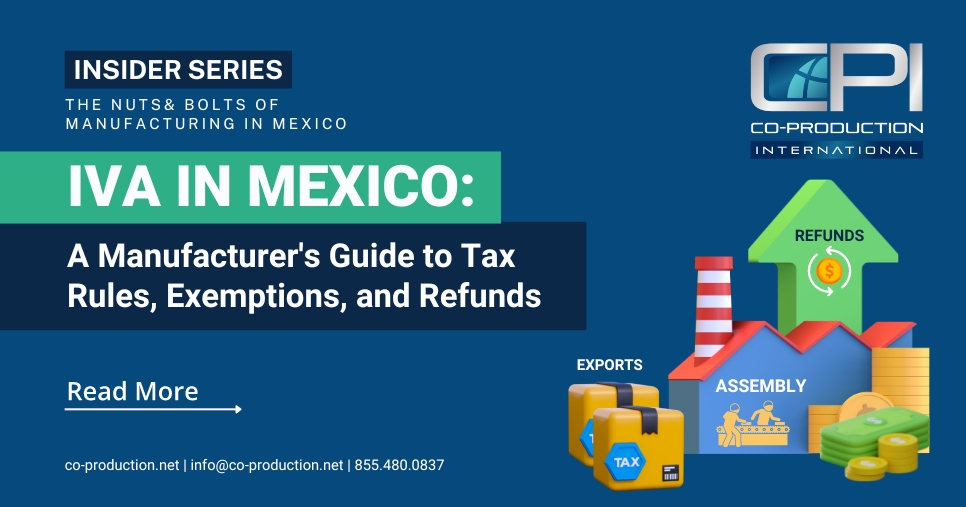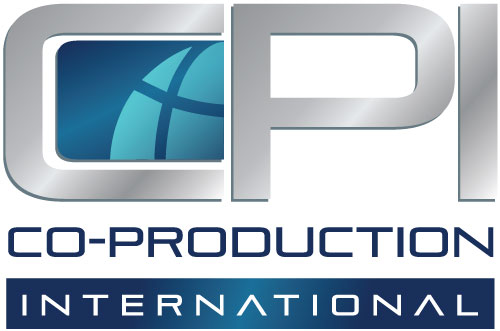Mexico has recently been thought of more as a supplier of drugs than of jobs, but as the United States prepares to receive Mexican President Felipe Calderón and Canadian Prime Minister Stephen Harper in Washington on April 2, it is time to reconsider our southern neighbor.
After all,
Mexico and Canada, not China and Great Britain, a
re the nation's top export markets, andsix million Americans already have jobs that depend on U.S.-Mexico trade.
The equation is pretty simple: New exports create new U.S. jobs. This is why President Obama launched the National Exports Initiative with the goal of doubling exports by 2015, and this is why it is hard to conceive of a strategy for creating jobs that does not significantly strengthen regional economic cooperation with our two neighboring countries, which together receive a third of all U.S. exports.
Mexico alone receives 13% of U.S. exports. Yet like many emerging markets, Mexico's economy is growing faster than America's, at 5.4% in 2010 and at about 3.9% in 2011. Unlike most other emerging markets, Mexico buys the vast majority of its imports from the U.S. As Mexico grows, so do its imports from the U.S. It is not just Texas and California that export to Mexico, but also Michigan, Illinois and 16 other states that each sell more than $1 billion worth of goods to Mexico every year.
It also turns out that U.S.-Mexico trade is fundamentally different than trade with any other major country, except Canada. While Chinese imports are produced almost entirely (96%) with non-American parts, imports from Mexico are, on average, 40% U.S. made. This is because Mexico and the U.S. do not simply trade goods; they work together to manufacture them. In a process known as production sharing, parts are shipped back and forth across the border as products are made.
The Suntron de Mexico plant in Tijuana, Mexico
This saves U.S. jobs because the main alternative to
"nearshoring" manufacturing to Mexico is offshoring it to Asia, where few, if any, American-made parts will be used. Through production sharing, the U.S. and Mexico can focus on the portion of production each is best at, combining the comparative advantages of both countries and strengthening the competitiveness of regional manufacturing. This in turn increases exports, and therefore jobs, for both the U.S. and Mexico.
Mexico's main advantages as a stable economic partner include proximity to the U.S., an increasingly skilled work force, and tariff-free access to most of the world's largest economies. By contrast, rising wages and volatile oil prices make it more difficult to gauge the long-term viability of Asian production for the North American market.
While many of the synergies between the U.S. and Mexico are natural, the barriers inhibiting their full realization are not. Complicated customs paperwork and documentation requirements to access the free-trade benefits of Nafta deter small and medium-size businesses—the motors of American job growth—from trading with Mexico. The U.S., Mexico and Canada must work together to solve these issues and stimulate trade. The three should also harmonize the regulation of foods, vehicles and other products, so the same items are eligible to be sold and used throughout the continent.
Finally, America's Southwest border must be managed more efficiently. Almost 80% of the billion-plus dollars in daily U.S.-Mexico trade flows across the land border. The intensity of commerce and the widespread use of production sharing mean that seemingly minor inefficiencies can quickly have multibillion-dollar consequences. Inadequate infrastructure and increased security measures, for instance, have led to long and unpredictable wait times for commercial traffic.
The enhanced use of trusted-traveler and trusted-shipper programs—which expedite the passage of certain fleets and their cargoes—combined with modest infrastructure investments could significantly relieve pressure on the officials managing the ports of entry. This would allow safe goods to cross the border quickly while giving U.S. agents more time to focus on potentially dangerous cargo and individuals.
Bilateral efforts to improve border management, harmonize regulations, and minimize the customs burden for regional trade are all under way, but improving policy always means overcoming political challenges. Progress, then, is contingent on a clear understanding that economic cooperation with Mexico strengthens the U.S.
Mr. Selee is director of the Mexico Institute at the Woodrow Wilson Center. Mr. Wilson is an associate with the Mexico Institute and author of a new Wilson Center report, "Working Together: Economic Ties between the United States and Mexico."
By ANDREW SELEE And CHRISTOPHER WILSON
Published on the Wall Street Journal




![]() USA Corporate Office
USA Corporate Office![]() México Corporate Office
México Corporate Office![]() Monterrey Nuevo León Office
Monterrey Nuevo León Office
![]() USA Corporate Office
USA Corporate Office![]() México Corporate Office
México Corporate Office![]() Monterrey Nuevo León Office
Monterrey Nuevo León Office